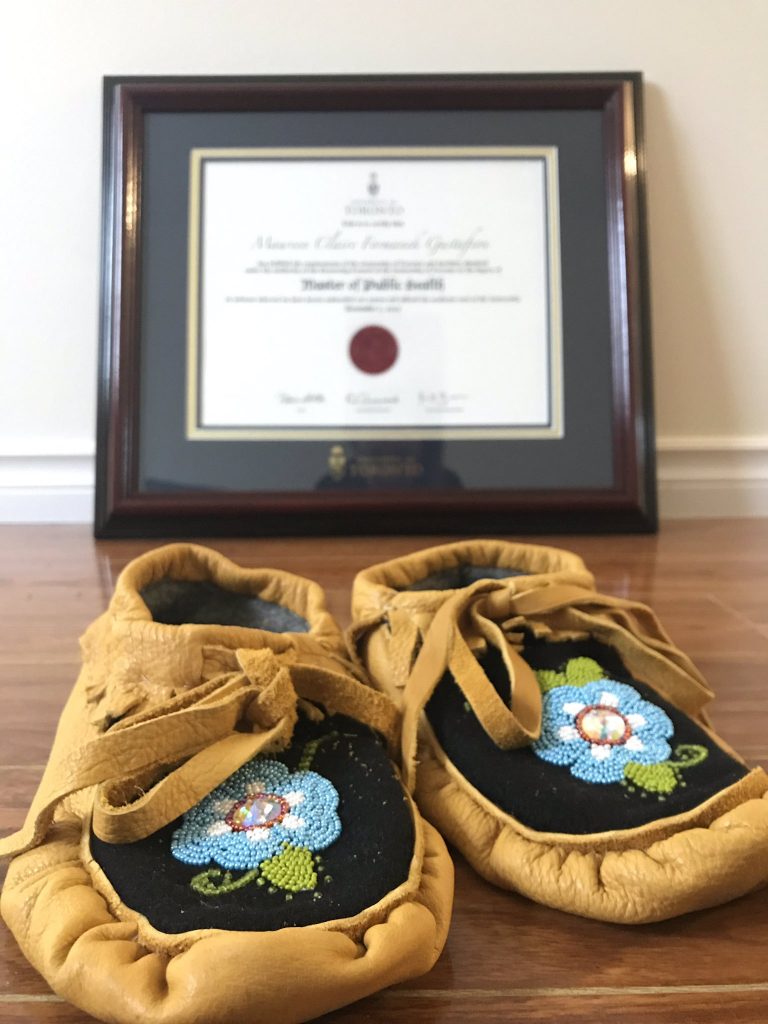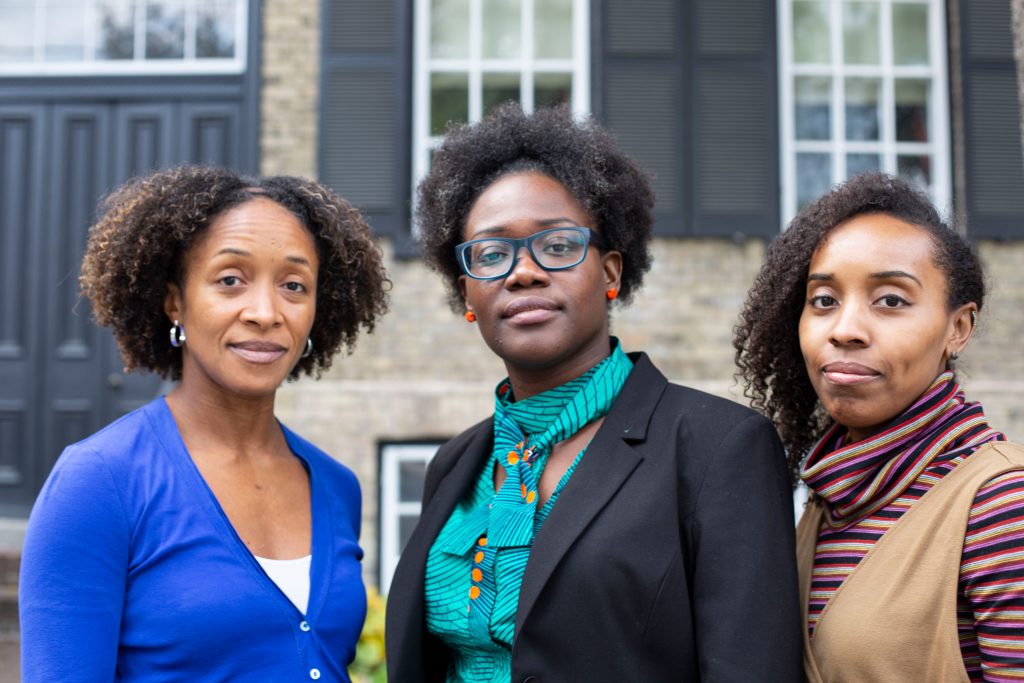Study led by DLSPH researchers named one of BMJ’s top papers of the last decade
December 19/2019A landmark study led by a team of DLSPH researchers was named one of five key research papers to mark the decade by the British Medical Journal. The paper, Twenty five year follow-up for breast cancer incidence and mortality of the Canadian National Breast Screening Study: randomised screening trial, was...
DLSPH Open: Interdisciplinary Research Teams
December 09/2019Dear Colleagues, One of the most important components of our Academic Plan is to create and nurture clusters of experts that will tackle critical challenges in public health and health systems in partnership with colleagues across the School, University and health systems, locally and globally. Ultimately, we hope these Interdisciplinary...
U of T Faculty Volunteer to Help Remote Brazilian University Build its First Qualitative Health Research Program
 November 27/2019
November 27/2019
by Françoise Makanda, Communications Officer at DLSPH Four years ago, Rozilaine Redi Lago was a visiting PhD student at U of T’s Centre for Critical Qualitative Health Research (CQ). She was eager to develop a similar program at the Federal University of Acre (UFAC) in Brazil. After graduating, she taught...
Targeting each of the four types of opioid-related stigma can bring health policy and social change
 November 25/2019
November 25/2019
By: Nicole Bodnar U of T researchers have identified four types of opioid-related stigma that depend on a variety of factors, including the context of opioid use, the social identity and networks of the person who is consuming the opioid, and what type of opioid is being consumed, including prescribed...
Maureen’s Story: Coming Into Oneself for Indigenous Health
 November 21/2019
November 21/2019
by Françoise Makanda, Communications Officer at DLSPH Maureen Gustafson walked towards the stage at convocation wearing the moccasins her mother gave her the day before. “I was really excited to wear them because, for a lot of people, moccasins are a symbol of Indigenous cultures,” says Gustafson, who graduated with...
Perceived loss of social status linked to rising mortality rate of white Americans
 November 21/2019
November 21/2019
By: Nicole Bodnar The rising mortality rates of white Americans is due to a perceived loss of social status, not socioeconomic disadvantage, according to a provocative new study led by researchers at the Dalla Lana School of Public Health (DLSPH). “This is a startling finding,” said Arjumand Siddiqi, Associate Professor...
The Vape Question –U of T’s tobacco policy expert Robert Schwartz breaks down the risks and regulation debate
 November 20/2019
November 20/2019
by Rebecca Biason, Communications and Events Coordinator at IHPME E-cigarette use commonly known as vaping, is on the rise and it is increasingly popular among young Canadians. This growing trend is concerning to researchers like Professor Robert Schwartz of the Institute of Health Policy, Management and Evaluation in the Dalla...
Why do we need sustainable health care? – Launch of Centre for Sustainable Health Systems at U of T aims to tackle climate change through the organization and delivery of care
 November 20/2019
November 20/2019
by Rebecca Biason, Communications and Events Coordinator at IHPME Climate change is happening, and it threatens our health. More than 5% of Canada’s overall carbon footprint is generated by the health care system, and for Fiona Miller, a professor at the Institute of Health Policy, Management and Evaluation (IHPME), the...
Lack of Health Data Hurting Black Canadians, Say Researchers
 November 13/2019
November 13/2019
by Gabrielle Giroday, Faculty of Medicine The health of Black Canadian women may be endangered by a lack of data, according to a first-of-its-kind paper from the University of Toronto. The paper – published this month in the Journal of Health Care for the Poor and Underserved – explains how...
DLSPH Open: Mental Health at DLSPH
November 11/2019Dear colleagues, Over the last several months, mental health concerns were brought to the forefront at the University. I would like to acknowledge a number of individuals and initiatives that all members of our community can engage in to support their own — and each other’s — mental health and...